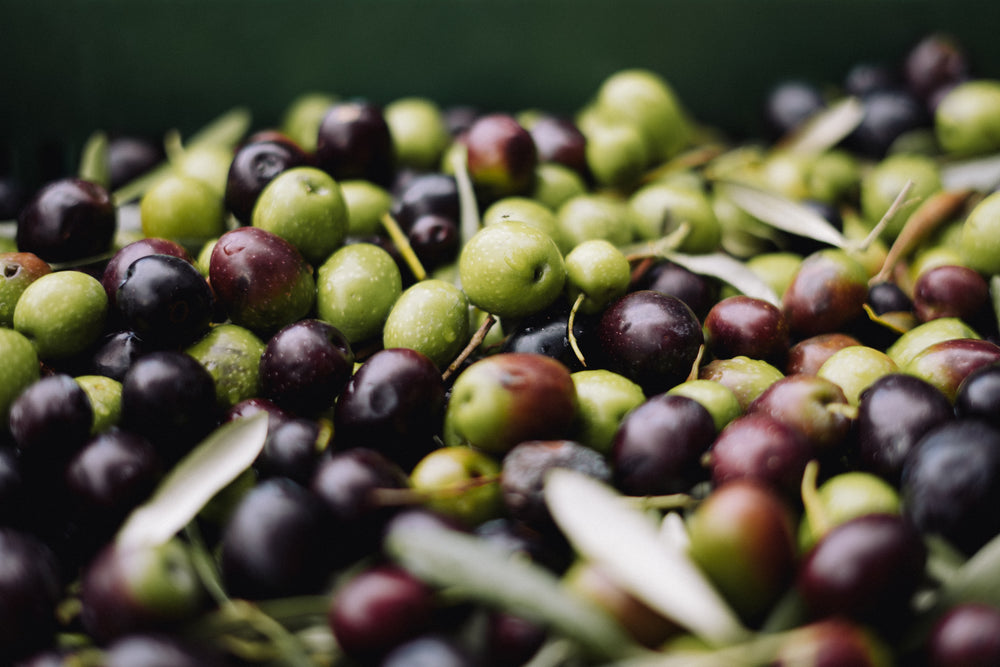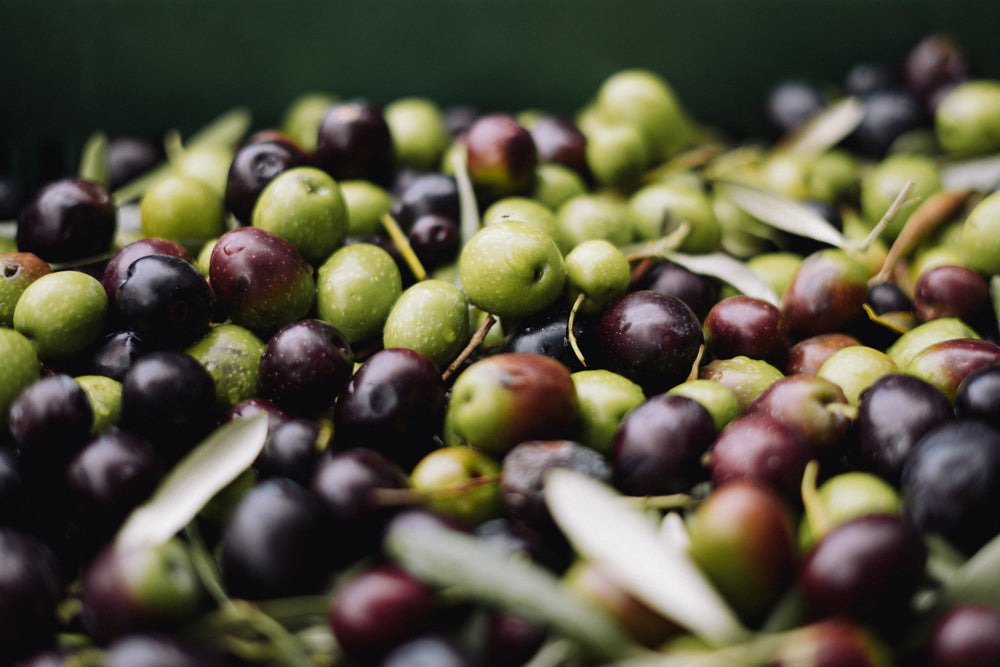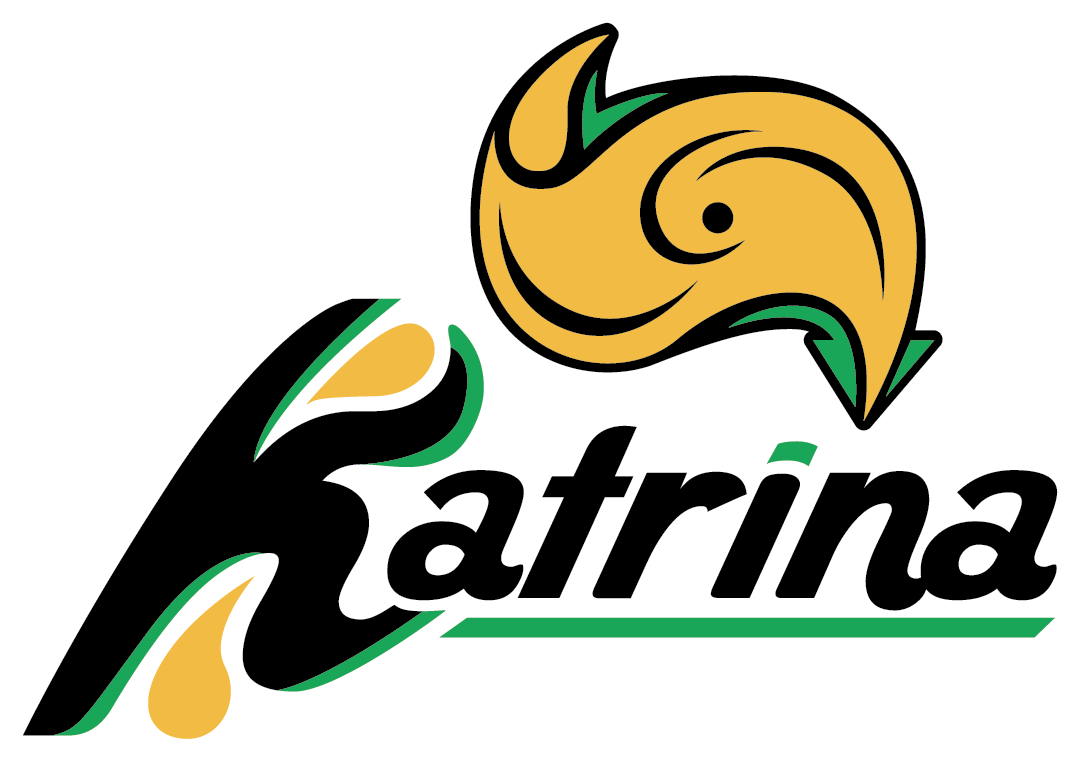EVOO Meaning: What Does EVOO Stand For?
If you've ever watched cooking shows or browsed through recipes online, you've likely encountered the term "EVOO." But what does EVOO mean, and why has this abbreviation become so popular in culinary circles?
EVOO Meaning
EVOO stands for Extra Virgin Olive Oil. The term was popularized by celebrity chef Rachael Ray, who frequently used this shorthand on her cooking shows to save time while explaining recipes. Today, EVOO has become a common term in kitchens and recipes worldwide.
What Is EVOO in Cooking?
In cooking, EVOO refers specifically to extra virgin olive oil, which is the purest and highest-grade olive oil you can find. According to the International Olive Council, extra virgin olive oil must be extracted from olives using mechanical methods only, without any heat or chemical processing. This cold-pressing technique preserves the oil's natural flavours, nutrients, and health benefits.
The Significance of EVOO in Food
Understanding the meaning of EVOO in food is crucial for both home cooks and professional chefs. Extra virgin olive oil is prized for its:
- Rich, Complex Flavour: EVOO offers a distinctive taste that can range from peppery to fruity, depending on the olive variety and region of origin. The flavour notes are often described in the same way as coffee and wine.
- Nutritional Value: It's packed with healthy monounsaturated fats, antioxidants, and anti-inflammatory compounds.
- Versatility: While perfect for cold applications like salad dressings, EVOO can also be used for cooking at moderate and even high temperatures.
Quality Standards and Classification
For olive oil to earn the "extra virgin" designation, it must meet strict quality standards. True EVOO must have an acidity level below 0.8%, pass both chemical and sensory tests, be free from any sensory defects, and maintain its natural characteristics.
The Difference Between EVOO and Regular Olive Oil
One of the most common questions is about the difference between EVOO and regular olive oil. “Regular” olive oil typically undergoes more processing and may be a blend of refined and virgin olive oils. EVOO, on the other hand, is always the first press of the olives and must meet the highest quality standards.
Why People Use the Term EVOO
The popularity of the term EVOO can be attributed to several factors:
- Convenience: It's simply faster to say "EVOO" than "extra virgin olive oil."
- Cultural Impact: Thanks to food media and celebrity chefs, the term has become part of modern culinary vocabulary.
- Marketing: The abbreviation has caught on in food packaging and restaurant menus.
EVOO on Restaurant Menus
When you see "EVO" or "EVOO" on a menu, it indicates that the dish is prepared with or finished with extra virgin olive oil. This designation often suggests a higher quality preparation, as restaurants typically use EVOO for its superior flavour and health benefits.
Health Benefits of EVOO
Research indicates that EVOO consumption is associated with numerous health benefits, including:
- Reduced risk of cardiovascular disease
- Anti-inflammatory properties
- Potential cancer-fighting properties
- Support for brain health
Conclusion
EVOO is a common shorthand for Extra Virgin Olive Oil, and it’s a useful acronym for anyone interested in cooking or healthy eating. This premium ingredient represents the highest quality olive oil available and offers numerous culinary and health benefits.









